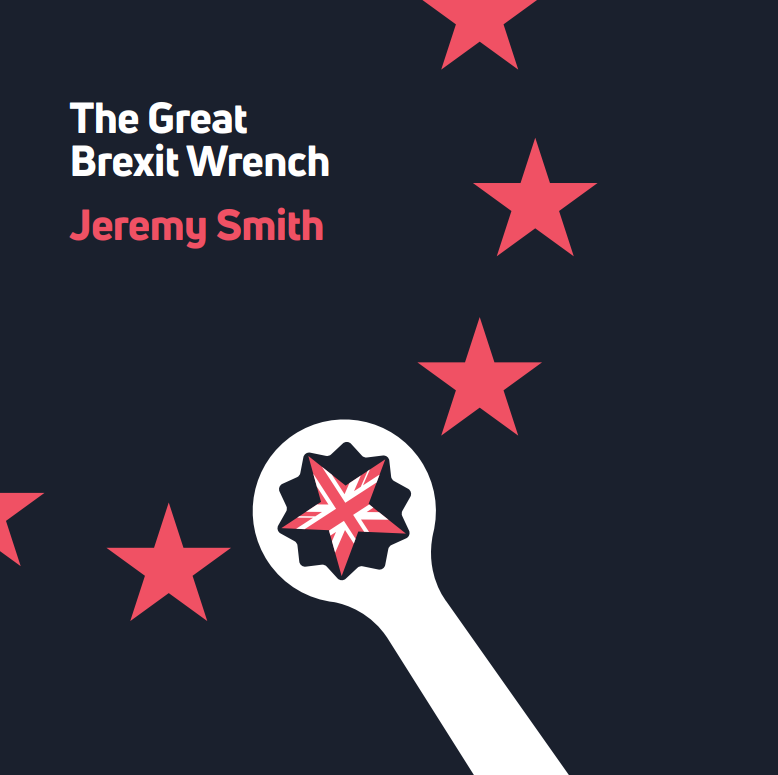The Progressive Economy Forum today launched its new report, “The Great Brexit Wrench”, on the economic and political implications of Brexit. The report is by PRIME’s co-director Jeremy Smith, and looks at the background to and implications of Brexit from many different angles. It argues that there is no form of Brexit which will have a positive economic or political outcome. Brexit is however strongly backed by the pro-deregulation wing of British business – e.g. the business lobby organisation Open Europe — and the Conservative Party. Shadow Chancellor of the Exchequer John McDonnell described the report as “an excellent summary” of the Brexit issues.
The report concludes that
“Far from protecting those who voted for Brexit…the Johnson government, if it survives, will lead us – and those who now applaud him – rapidly down the path of deregulation and a race to the bottom.”
The report covers the following issues:
Whose choice was Brexit, and in whose interest?
The European Union – a force for good or ill?
How well has the UK economy performed, as member of the UK?
The economic impact of the Brexit decision to date
The longer-term impact of Brexit
Brexit and the deregulation agenda
The UK’s evolving trade patterns – but EU remains our main partner
The public finance consequences of Brexit
Wrenching the UK out of the EU, into the US system
Mary Kaldor of ‘Another Europe is Possible’ argued that too much current economic analysis is based on an existing economic model which is defunct and in the process of being replaced – we need to see the EU in a new, positive way. Mary-Ann Stephenson (Women’s Budget Group) highlighted the consequences for women of Brexit, and Professor John Weeks considered that leaving the EU (which is itself changing fast) was ‘bad economics’ for the UK, especially given the UK’s opt-outs. The meeting was introduced and chaired by PEF’s Chair, Patrick Allen.







